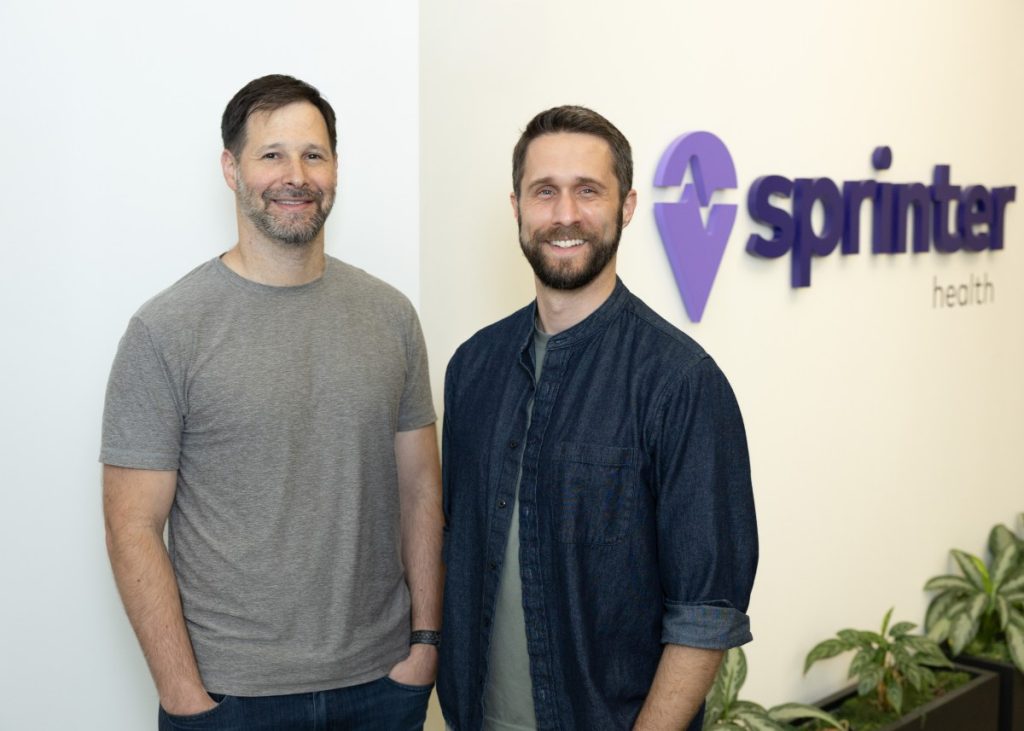When Max Cohen and Cameron Behar decided to launch a startup together during the pandemic, they decided to focus on the highest sector of the era: Healthcare.
But since neither Cohen nor Behar had a background in Healthcare (both worked on Google and Facebook previously), they had to think for a long time on how to contribute to a sector that at the time was dominating public consciousness.
Telehealth was also becoming tremendously popular, but the duo recognized that not all patients can be served remotely.
Therefore, Cohen and Behar built Sprinter health to fill this gap, offering preventive services at home as blood features, eye controls of diabetes and colon-recto cancer screening. The startup says that its goal is to serve and give up patients who do not use the health system so that they can stay healthy for a long time.
The four -year -old sprinter has grown quickly: now he operates in 18 states (compared to five in 2023) and has seen his revenues increase by six times in the last year, Cohen said.
This progress helped the startup to attract a $ 55 million Serie B round led by General Catalyst. Andreessen Horowitz and other existing investors, including regents of the University of California, Google Ventures and Accel. The new capital brings the total financing of the startup increased to $ 125 million.
Sprinter Health’s secret sauce is its technological logistics system, which provides optimal paths and programs for its clinical professionals, the phlebotomists trained as medical assistants and health workers of the community.
“We must make sure that our employees are spending as much time as possible at the service of patients rather than guiding,” Cohen said. The simulator of the company’s path, which represents variables such as traffic, time and parking, helps clinical staff (known as spinters) to serve up to 12 patients a day.
“There have been many home assistance companies that have failed because it is really difficult to make the unitary economy work when humans sides on the field,” Julie Yoo, a general partner of A16z, told Techcrunch. “Unless you have very close operating systems, it is really difficult to build a business that can be sustainable and resistant over time.”
Yoo, who is part of the company’s advice, compared Sprinter Health’s activity to Instacart and Doordash, since food delivery companies must also serve as much customers as possible to obtain strong gross margins.
Sprinter Health services are free for members of the company’s health insurance partners, who include medicine and medicoid.



